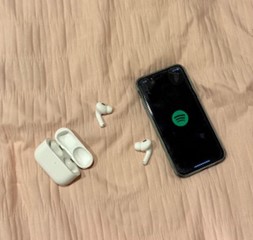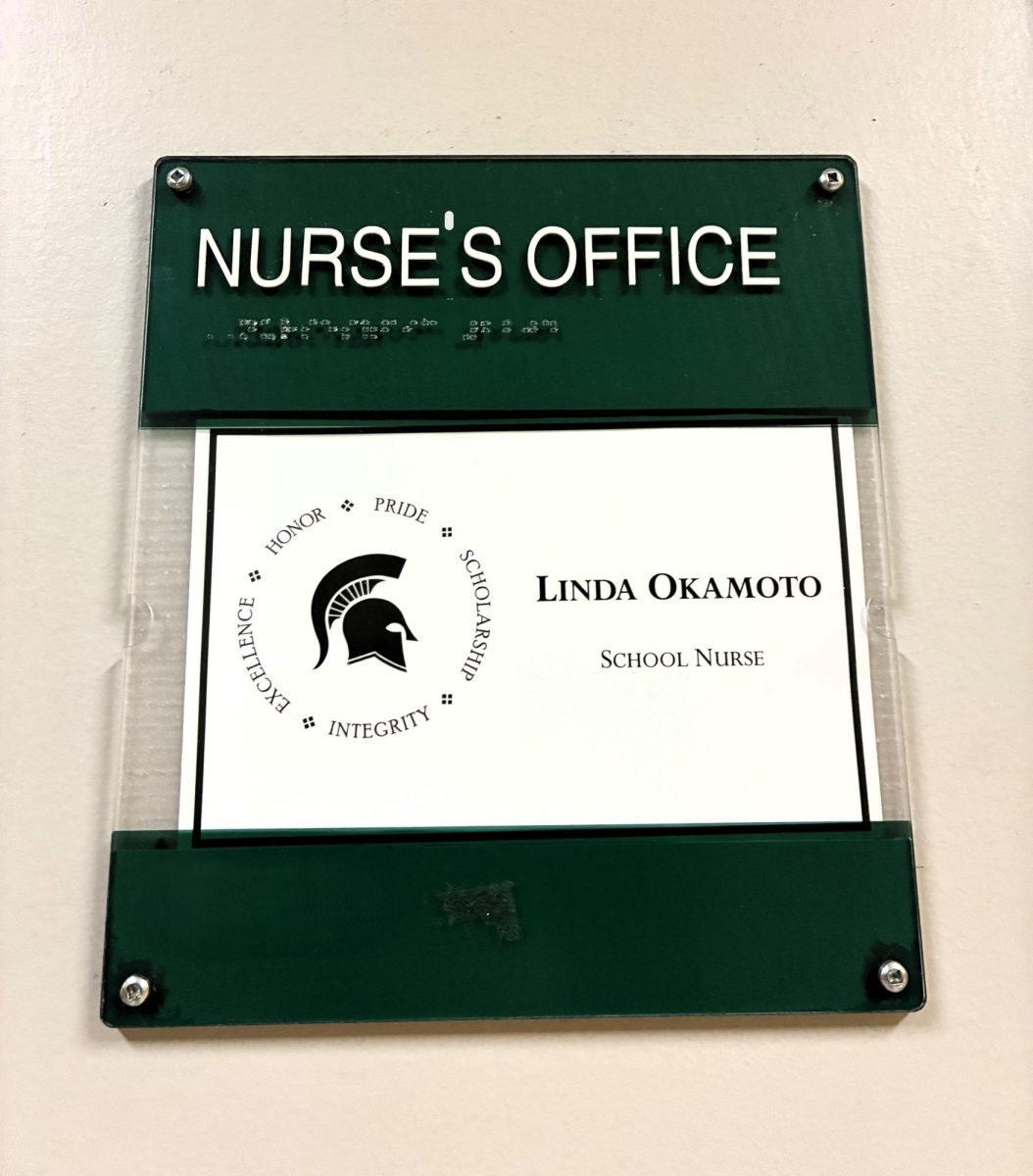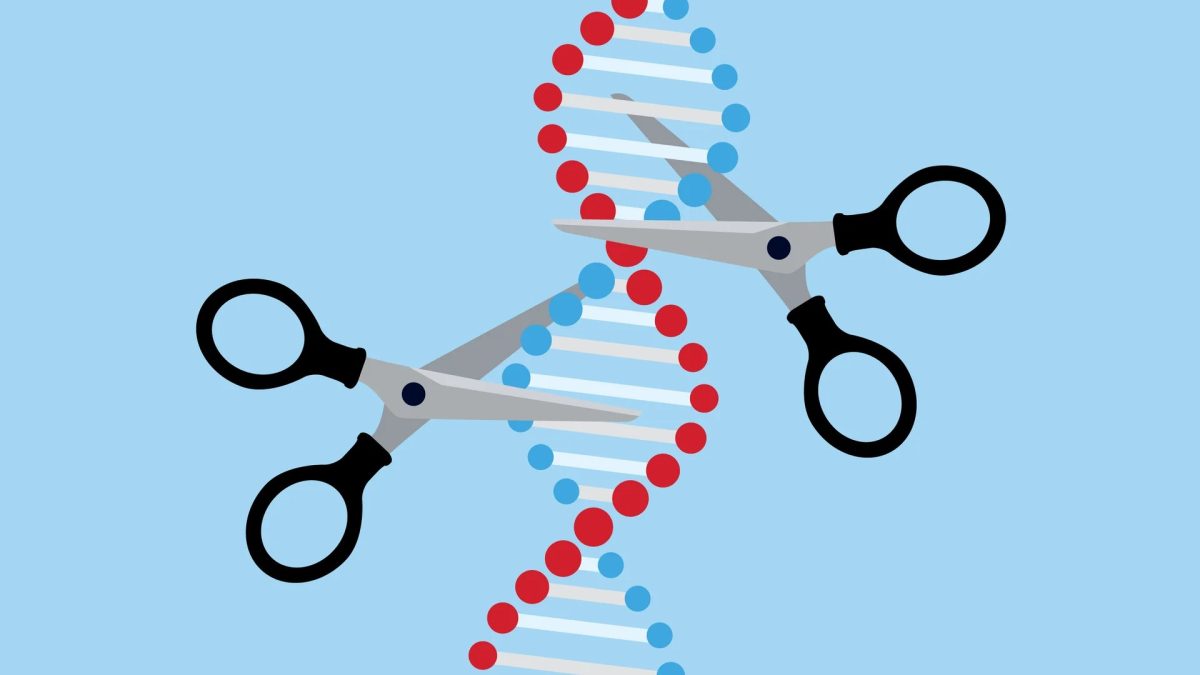Great news music lovers! New studies show that listening to music as a therapy can improve memory, ease stress, reduce pain, and help physical recovery or rehabilitation. Music Therapy is being implemented in many cancer hospitals to relieve patient discomfort and pain.
Studies have proven that it can reduce some side effects of cancer and other terminal illnesses. “The results suggested that music therapy may help with anxiety, depression, hope, pain and fatigue in adults with cancer” (Cancer Research UK). Although Music Therapy hasn’t shown complete recovery from diseases, it can improve patients’ quality of life.
Studies have shown that listening to music can release more dopamine into the body’s system. Dopamine is nicknamed the “Pleasure Hormone” because it is proven to make people feel happier. Listening to music can also reduce the release of cortisol, the stress hormone, which is why music can help relieve people of their mental, cognitive, and sometimes even physical issues. In addition to this, Music Therapy can help people gain confidence and help them develop healthy habits and coping mechanisms.
There are two types of music therapy, physical and psychological. Physical music therapy can include dancing to music, playing instruments or singing. This can be used to improve blood circulation and aid in high blood pressure or migraine headaches. Psychological music therapy uses music to aid in meditation, this is mainly used for people with ADHD or anxiety/stress disorders. Some hospitals use familiar music for Alzheimer’s patients to help their cognitive functions and aid in their psychological well-being.
So, next time you are feeling low, stressed, or anxious, give Music Therapy a try. Turn on your favorite playlist and let the dopamine rush through your system!
For more information:









